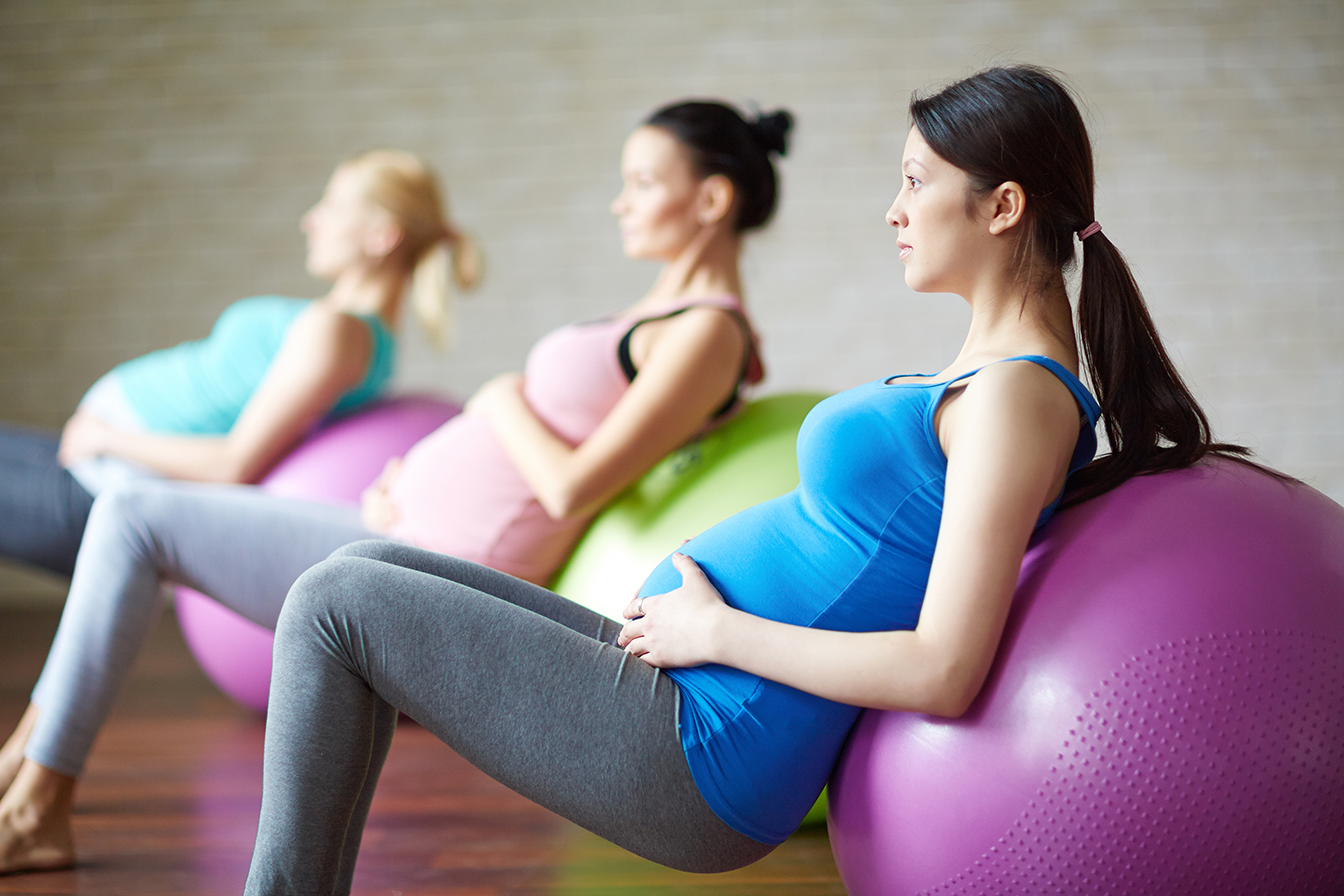New mother was concerned about a potentially serious complication, but the care team at Inspira...
Read More
Expectant moms have a lot of questions––and rightfully so. Their bodies are going through an incredible transformation with each trimester full of a whole new set of symptoms to navigate. It’s a time full of, “Is this normal?” and, “Is this OK to do?” For women who exercise, there can be a lot of questions surrounding whether or not they can exercise for two. The simple answer is “yes.”

Here are some of the most common questions we hear from moms-to-be when it comes to exercising during their pregnancies:
What are the benefits of exercising when expecting?
If you are healthy and your pregnancy is low-risk, exercising throughout your pregnancy can help keep you healthy, control your weight and even alleviate some related discomforts like back pain, constipation, stress and fatigue. Regular exercise can even lower your risk for gestational diabetes (diabetes developed during pregnancy) and cesarean delivery. Strengthening or maintaining your muscles and endurance can help with labor, as well as help your body recover following birth.
You should avoid aerobic exercise during pregnancy if you have certain medical conditions, such as heart disease, restrictive lung disease, a short or weak cervix, preeclampsia or bleeding in the second or third trimester. You should also avoid exercise if you are pregnant with twins or triplets and at risk for premature labor. Always discuss exercise with your physician or OB/GYN before starting.
Is there a recommended amount of time I should exercise?
The American College of Obstetricians and Gynecologists recommends 20-30 minutes of moderate-intensity exercise per day. Moderate intensity means that you increase your heart rate, but you can still carry on a normal conversation with a friend.
If you didn’t work out before your pregnancy, ease into a routine slowly after your doctor has signed off on it. Some modifications may be necessary as your pregnancy progresses. Never exercise to the point of exhaustion. Every woman’s pregnancy is different. Some expectant mothers will have bursts of energy, while others will feel exhausted. Listen to your body and stop exercising if you experience dizziness, shortness of breath, chest pain, headaches or swelling.
Are some activities better than others?
Contact sports where there’s any risk of getting hit in the abdomen or taking a hard fall should be avoided, as should SCUBA diving. Walking, water workouts, modified yoga or Pilates and stationary cycling are some good activities that work lots of areas of your body. Every workout should start and finish with plenty of water, so you don’t run the risk of becoming dehydrated. During your second and third trimesters, it’s best to avoid any activities where you’re required to be still or lie on your back for long periods of time.
Inspira offers a full range of maternity services from pre-conception to birth. When expectant mothers choose Inspira, they can choose the type of birth experience they wish to have – with various holistic and traditional options available. To learn more, call 1-800-INSPIRA.

New mother was concerned about a potentially serious complication, but the care team at Inspira...
Read More
Midwives have a vital role in ensuring safe, empowered childbirth experiences.
Read More
In celebration of National Breastfeeding Awareness Month, Inspira Health hosted a special Tea and...
Read More
The material set forth in this site in no way seeks to diagnose or treat illness or to serve as a substitute for professional medical care. Please speak with your health care provider if you have a health concern or if you are considering adopting any exercise program or dietary guidelines. For permission to reprint any portion of this website or to be removed from a notification list, please contact us at (856) 537-6772